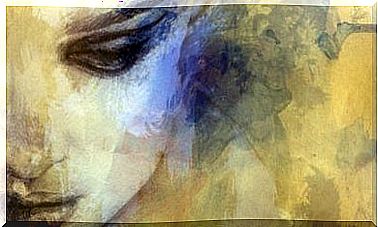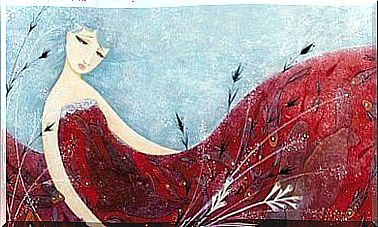Geoffrey Beattie, Big Brother Psychologist
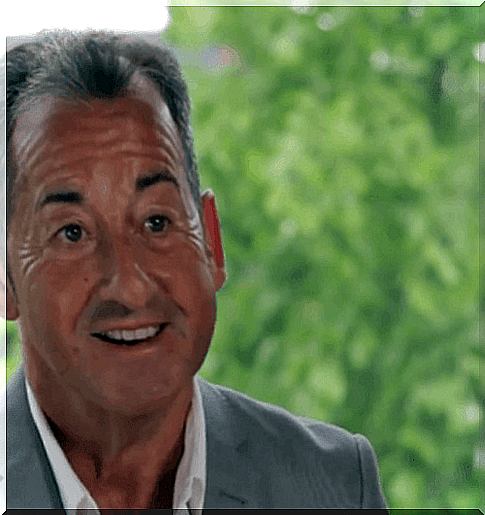
The work of this English psychologist has focused for years on the analysis of non-verbal communication. Geoffrey Beattie has shown that even the movements we make with our hands while we speak communicate something.
He has published several books and academic articles on the subject and has received several awards for his research work. Beattie is, therefore, one of those psychologists known for making discoveries in the field of psychology accessible to the general public.
He was the face of psychology on the Big Brother TV show in the UK. He is committed to demonstrating to the non-expert public how psychology can help people in their daily lives. An example of this is his book How simple changes will transform your life , translated into several languages.
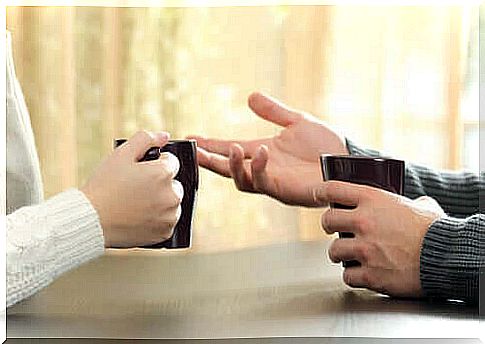
His biography
Geoffrey Beattie was born in Belfast. He holds a BA in Psychology from the University of Birmingham and his doctorate from Trinity College Cambridge. He was appointed Professor of Social Psychology at the University of Sheffield. From the beginning, he has shown a strong interest in the connection between non-verbal communication, language and thought.
The neighborhood in which he grew up was continually involved in violent clashes and unrest that inspired Beattie to publish several books on the events that took place in Ulster and on the conditions of the demonstrators. These issues are also reflected in articles written for magazines such as The Guardian .
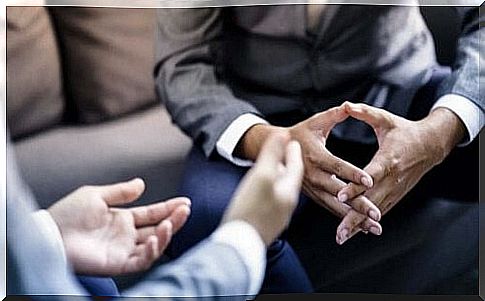
Geoffrey Beattie and his media face
Beattie has made several documentaries on Northern Ireland for broadcasters such as the BBC. His radio broadcast coincided with his interest in the relationship between sport and psychology.
On the other hand, his participation in one of the seasons of the English version of the reality TV show Big Brother caused him more than one headache. His participation as a pundit on the program has sparked much controversy in the academic world.
Geoffrey has been accused by other psychologists of giving credence to what they considered crude exploitation of people for commercial purposes. Nevertheless, it all started and ended there.
According to Beattie, his participation did not differ particularly from the analysis of the meaning of the gestures of a politician or any other media figure. His controversial role in reality TV earned him the unfair nickname – from the general public – of Big Brother psychologist.
Multimodal communication
Beattie’s research works have reworked the concept of non-verbal communication and the notions on the relationship between language and non-verbal communication during a conversation and its implications in the effectiveness of communication.
His studies have focused on symbolic gestures in language, on their cognitive, social and pragmatic functions. That is to say, on how gestures and communication complement each other to give rise to a complex form of communication.
This is particularly interesting when symbolic gestures reflect aspects of thought that have not been articulated in words. Geoffrey Beattie also studied how – interacting with another person – we are able to decode iconic gestures and why they immediately capture the eye and the attention of the interlocutor.
Another interesting aspect of his field research tells us about the possible applications of this theoretical perspective in advertising. A research that received the Mouton D’or prize for best research work in semiotics.
Geoffrey Beattie and the implied racial bias
Another area of study in which this outstanding researcher has presented his point of view is implied racial bias. Always analyzing the most unconscious aspects of the human being, Beattie studied how implicit racial attitudes influence the decisions we make. These studies have focused in particular on how we fix our gaze and how this can reflect the idea we are having of the person in front of us when they have a different skin color than ours.
In recent years, Geoffrey Beattie has also been interested in studying the psychological barriers that hold back when it comes to adopting more sustainable lifestyles. His research has led to important analyzes on consumption and on the market to observe possible variations in consumer behavior; variations which, moreover, help to act more responsibly in the face of climate change.


